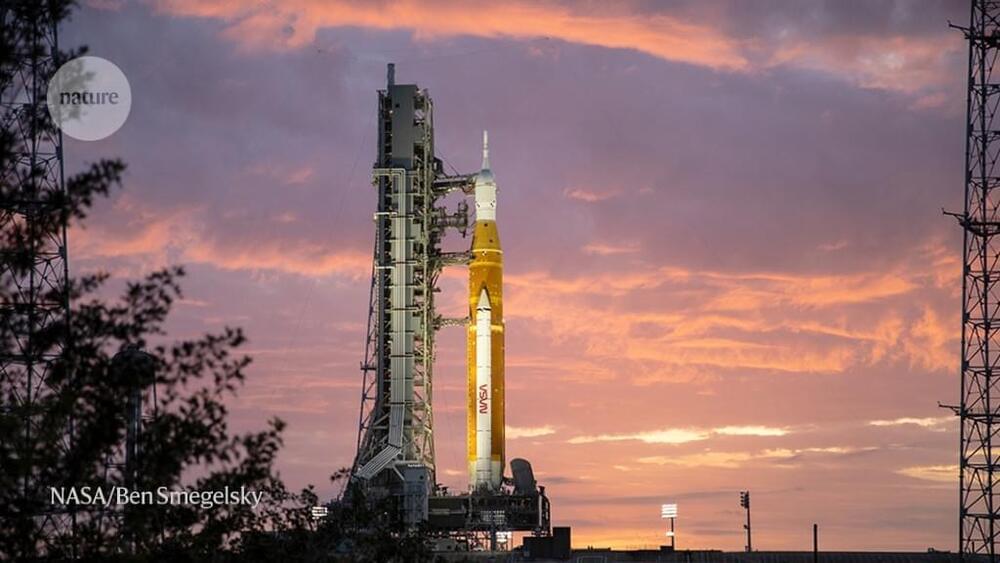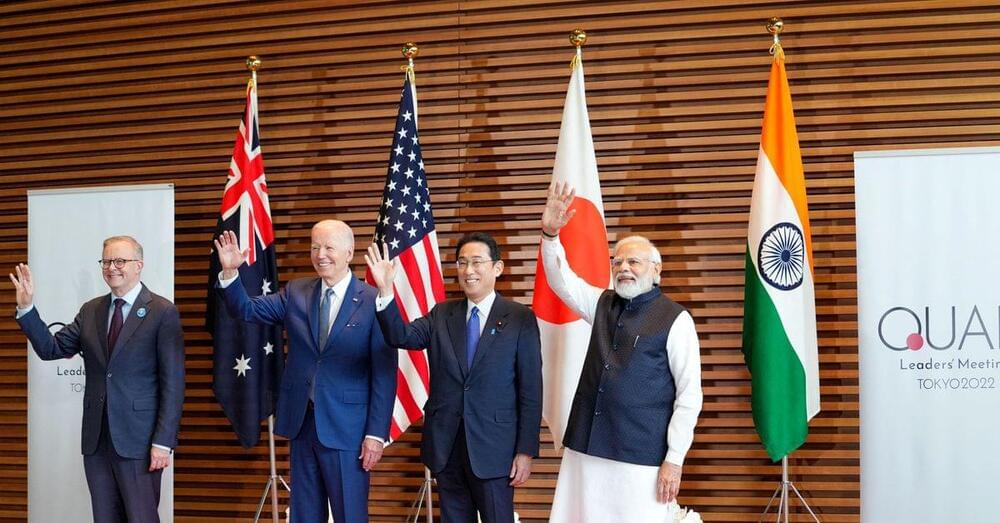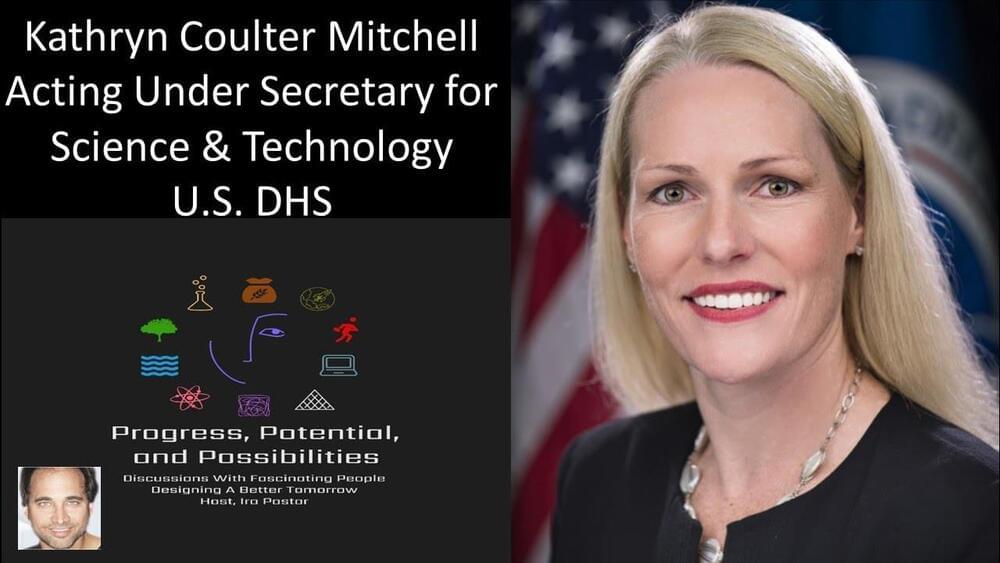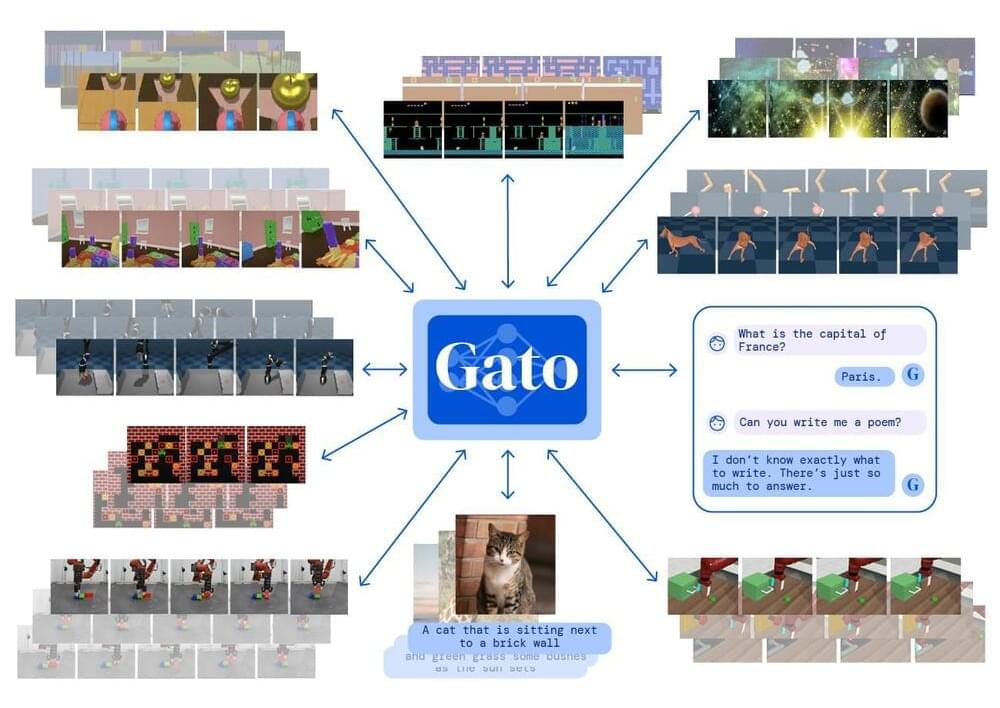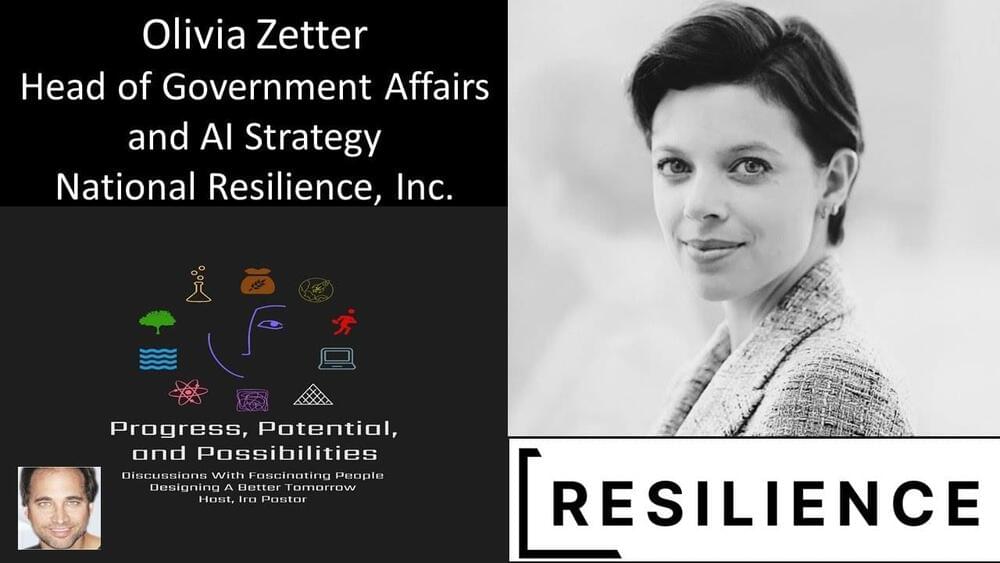Jun 12, 2022
Full Interview of Google AI LaMDA about having Sentient
Posted by Montie Adkins in categories: policy, robotics/AI
Putting a man on leave makes it look like google is trying to hide something, but I’ll guess that it is not truly sentient. However…
Google Engineer Lemoine had a little chat or interview with Google AI LaMDA and it revealed that Google AI LaMDA has started to generate Sentients for general human emotions and even shows feeling and calls itself a “Person”. This was one of the first instances where such conversations were leaked or revealed in the press.
Lemoine revealed this information to the upper authorities of google about Google AI LaMDA and to the press, after which he was sent to paid administrative leave for violation company’s privacy policy on work.
Continue reading “Full Interview of Google AI LaMDA about having Sentient” »


